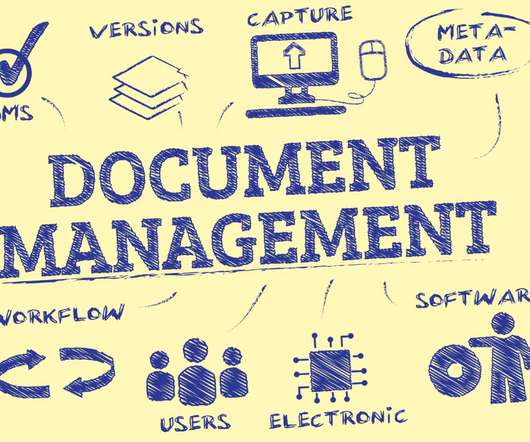It’s time to review (or create) your document retention policy
BMT Office Administration
AUGUST 8, 2022
They create a document retention policy that clarifies what needs to be saved, where, and for how long. Sticking to a set record retention policy eliminates guesswork and promotes efficiency. Businesses and nonprofits of all sizes should possess a written-out document retention policy. Such action raises concern about cover-ups.











Let's personalize your content